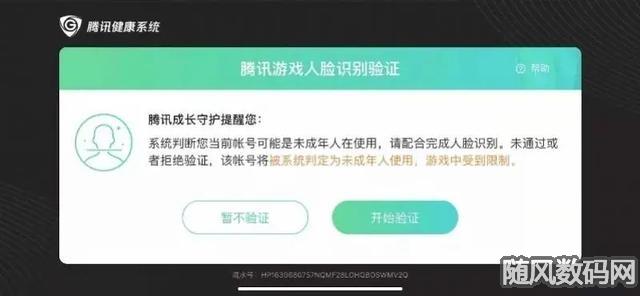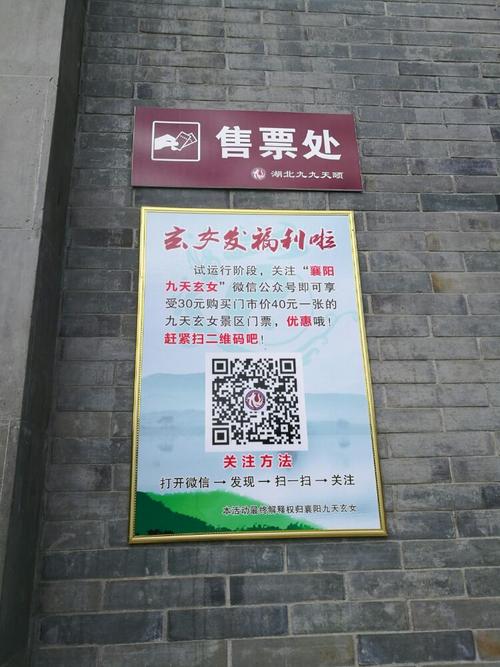qq健康系统实名认证不是本人
Title: Understanding QQ Account Health System Authentication
In today's digital age, ensuring the security and health of online accounts is paramount. QQ, one of China's leading instant messaging platforms, prioritizes user safety through its Account Health System Authentication. Let's delve into what this system entails and how users can navigate it effectively.
1. Understanding QQ Account Health System:
The QQ Account Health System is a multifaceted approach implemented by Tencent, the parent company of QQ, to safeguard user accounts from unauthorized access, phishing attacks, and other security threats. It consists of several layers of authentication and security measures aimed at protecting user data and maintaining the integrity of the platform.
2. Components of QQ Account Health System:
Password Protection:
Users are encouraged to set strong, unique passwords for their QQ accounts. Passwords should ideally be a combination of letters, numbers, and special characters to enhance security.
TwoFactor Authentication (2FA):
QQ offers 2FA as an additional layer of security. This feature requires users to enter a verification code sent to their mobile devices or email addresses after entering their passwords, thus preventing unauthorized access even if the password is compromised.
Security Questions:
Users can set up security questions and answers during the registration process or later in their account settings. These questions act as an extra layer of verification when accessing the account or recovering it.
Device Recognition:
QQ's Account Health System employs device recognition technology to identify and authenticate trusted devices used to log in to user accounts. This helps detect and prevent unauthorized access from unrecognized devices.
Suspicious Activity Monitoring:
Tencent constantly monitors user accounts for any suspicious activity, such as multiple failed login attempts or unusual login locations. In case of such activity, additional security measures may be triggered, such as account lockout or requiring additional verification.3. Tips for Maintaining a Healthy QQ Account:
Regular Password Updates:
It's essential to regularly update your QQ account password to minimize the risk of unauthorized access. Change your password every few months, and avoid using the same password across multiple platforms.
Enable TwoFactor Authentication:
Take advantage of QQ's 2FA feature to add an extra layer of security to your account. This significantly reduces the risk of unauthorized access, even if your password is compromised.
Keep Security Information Updated:
Ensure that your security questions, recovery email address, and phone number associated with your QQ account are up to date. This ensures smooth account recovery processes and enhances security.
Beware of Phishing Attempts:
Be vigilant against phishing attempts, where malicious parties try to trick you into revealing your QQ account credentials or personal information. Avoid clicking on suspicious links or providing sensitive information to unknown sources.
Regularly Review Account Activity:
Periodically review your QQ account activity and settings for any unauthorized changes or suspicious activity. Report any anomalies to Tencent immediately for investigation.Conclusion:
The QQ Account Health System Authentication plays a crucial role in maintaining the security and integrity of user accounts on the platform. By understanding its components and following best practices for account security, users can enjoy a safer and more secure online experience. Stay vigilant, keep your account information up to date, and leverage the available security features to protect your QQ account effectively.









